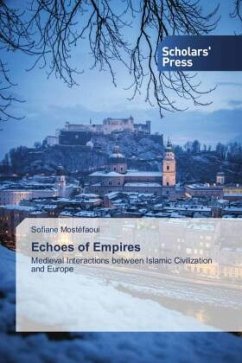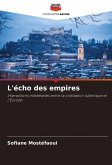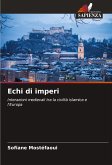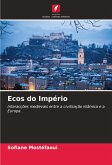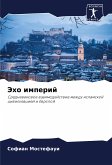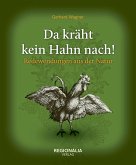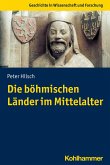The Middle Ages (500-1500) is a fascinating and ambiguous period in world history. This era was characterized by strong religious opposition to Islam, prompting significant Western interest in Islamic thought, including philosophy, science, education, arts, and technology. These fields were greatly appreciated and undoubtedly caught the admiration of the entire world. The European community lived through this period, spanning over a thousand years, which symbolized the transition between two other periods: the ancient (or classical) period and the modern (or more precisely, the Renaissance). This suggests that the Middle Ages occupied a space between the glory of classical civilization and its rediscovery. In other words, the Middle Ages lacked the classical taste and learning, resulting in a relatively barren civilization.This book aims to shed light on the relations between these two civilizations through various analytical paths.
Bitte wählen Sie Ihr Anliegen aus.
Rechnungen
Retourenschein anfordern
Bestellstatus
Storno

